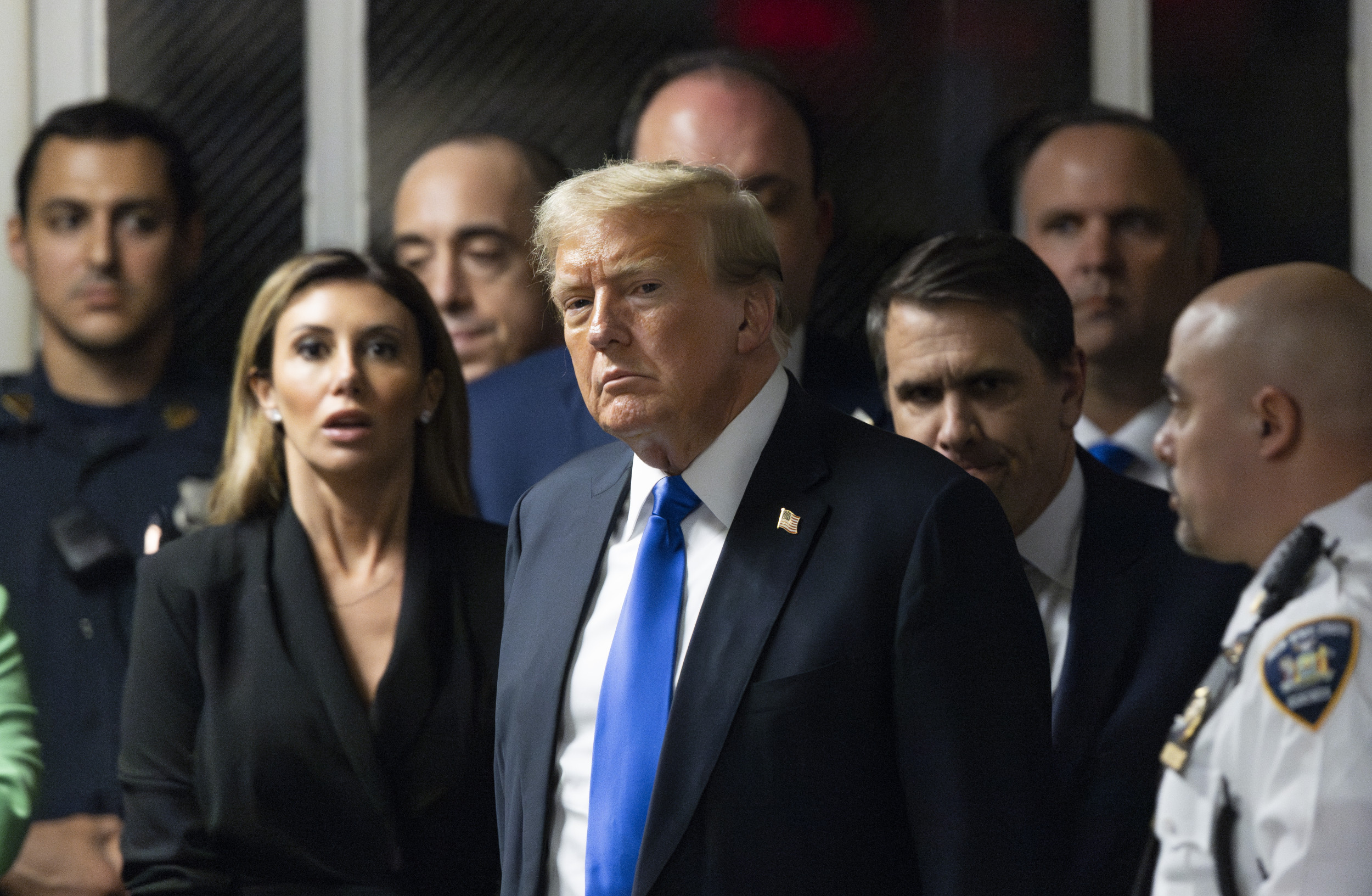The story, perhaps apocryphal, is that the adjective "posh" began as a British acronym. For travelers by sea to India and the Orient, the preferred shipboard accommodations, because of the tropical sun, were portside out, starboard side home.
Bentley automobiles, manufactured in Britain, are among the world's poshest luxury goods, with models ranging from U.S. prices of $165,000 to $280,000. Most of the 43 sold last year by Beijing Bentley were the pricier models.
On Shanghai's waterfront, a building that is a monument to China's growing consumerism contains a large Armani store and a spa with indoor canals filled with Evian water. Armani expects to have as many as 30 stores on the mainland by 2008. China is now Louis Vuitton's fourth largest market. Prada, Zegna, Ferragamo, Dior and other luxury merchandisers are competing for the estimated 10 million to 13 million Chinese high-end customers. That is a small sliver of a nation of 1.3 billion, but it may be a large portent. U.S. foreign policy certainly hopes so, particularly given China's renewed bellicosity toward Taiwan.
Throughout the 33 years since President Nixon initiated America's postwar re-engagement with mainland China, U.S. policy, under presidents of both parties, has had a constant premise: economic development, if it involves nascent domestic markets and immersion in the rules of international trade, will have a taming effect on the nation, facilitating a climb-down from totalitarianism. The culture requisite for economic dynamism--the free flow of information, the rule of law reflected in contracts and other enforced promise-keeping, conformity to international norms of trade--is also requisite for a pluralistic society. So if China chooses--and if U.S. policy can prod it toward--the path of prosperity, China's engagement with the world is more apt to be peaceful.
But "peaceful" does not describe Beijing's recent decision to have its faux parliament pass, 2,896 to 0, legislation authorizing the regime to respond militarily if Taiwan asserts its independence or if "major incidents" move Taiwan toward what Beijing calls secession. Beijing cannot want a crisis until after it hosts the 2008 Olympics. It is, however, difficult to know what Beijing, which has perhaps 700 missiles targeted at Taiwan, might consider a triggering provocation, given that Taiwan already has a distinct legal identity: it holds democratic elections and has diplomatic relations with other nations.
U.S. policy stipulates that there is "one China" of which Taiwan is one of two parts, and the two must find a peaceful accommodation. But in the event of aggression against Taiwan from the mainland, the United States would aid the flourishing free-market island nation that is the first durable democratic episode in 5,000 years of Chinese history.
Taiwan, which had the world's fastest economic growth rate in the 20th century (4.8 percent a year), has only 22.8 million people, but China's per capita income is $5,000, Taiwan's is $23,400. Nevertheless, The Economist reports, "Many luxury firms see Chinese shoppers as the new Japanese--a potentially huge group of status-conscious, increasingly wealthy people hungry for brands and fanatical about shopping."
If so, is this good? Perhaps very.
The ethos of commercial societies always has received bad reviews from most intellectuals. "Getting and spending, we lay waste our powers," warned William Wordsworth. In "Les Miserables," Victor Hugo saw people being "demoralized by lucre." He meant de-moralized: "Genuflection before the idol or the dollar atrophies the muscle which moves and the will which goes."
But America's hope still is that burgeoning enterprise and commerce in China--"getting and spending"--will divert the torrential energies of the Chinese nation into peaceful outlets. The hope is that a China whose muscle and will are devoted to consumerism will be too busy--too hedonistic--for militarism.
In the Communist Manifesto, Marx described the power of emerging capitalism to dissolve old social structures such as feudalism--"all that is solid melts into air." If that occurs in a context Marx never imagined--capitalism emerging within a communist society--it will be tyranny that melts. This, the longstanding hope underlying U.S. policy, is the capitalists' kind of economic determinism--call it Brooks Brothers Marxism.
Consumerism and entrepreneurial ferment sprout in, and widen, fissures in China's system of state control, which is why commerce conduces to the subversion--in broad daylight--of the regime. The regime knows that economic dynamism is a prerequisite for China to be globally consequential as well as domestically tranquil. The regime may be wagering that it can hermetically seal China's political system from the contagion of the social prerequisites of economic dynamism, including private property as a basis of the individual's zone of privacy and sovereignty. The regime will lose that wager because, as Marx said, society's political superstructure is shaped by society's economic base.
Uncommon Knowledge
Newsweek is committed to challenging conventional wisdom and finding connections in the search for common ground.
Newsweek is committed to challenging conventional wisdom and finding connections in the search for common ground.





